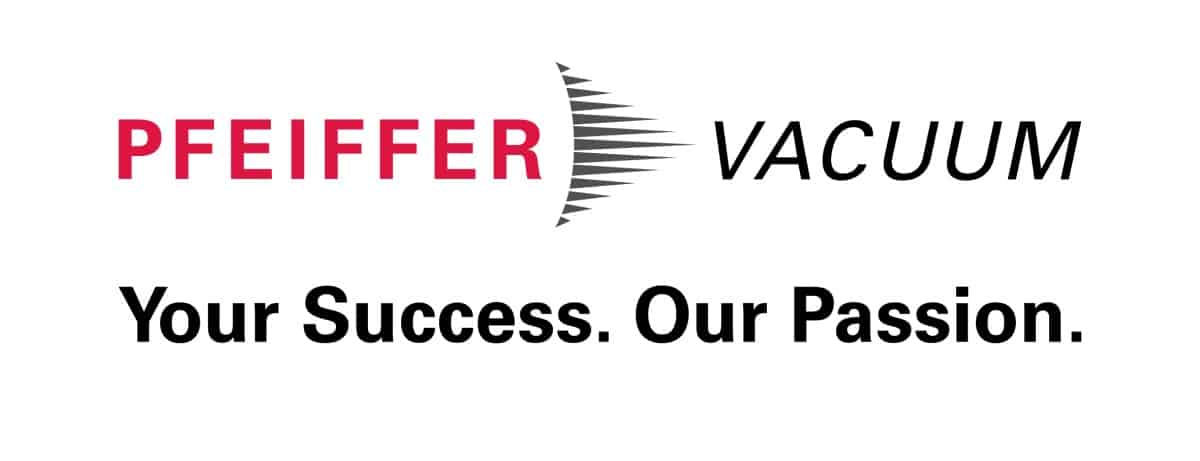This episode of the Physics World Weekly podcast features a wide-ranging conversation with the astrophysicist Victoria Grinberg, who is a liaison scientist at the European Space Agency (ESA).
Based at ESA’s European Space Research and Technology Centre in the Netherlands, Grinberg explains how X-ray observatories are being used to study some of the most violent environments in the universe – the regions around black holes and neutron stars. She also chats about her enthusiasm for science communication and how she has revived her childhood love of drawing by doing scientific illustrations.
Grinberg is also a winner of the Röntgen Prize, which is given for outstanding work on basic research in radiation physics and radiation biology. The €15,000 prize is awarded by Germany’s Justus Liebig University Giessen and it sponsored by Pfeiffer Vacuum and the Ludwig Schunk Foundation.
Also in this episode, the civil engineer Benyi Cao explains how ground-source heat pumps could soon be used to prevent potholes from forming on British roads. Based at the UK’s University of Surrey, Cao describes how potholes form and how controlling the temperature of roads could reduce the number of potholes on major roads. He also describes a pilot scheme that could soon be rolled out in Surrey.

This episode is sponsored by Pfeiffer Vacuum.
Pfeiffer Vacuum provides all types of vacuum equipment, including hybrid and magnetically-levitated turbopumps, leak detectors and analysis equipment, as well as vacuum chambers and systems. You can explore all of its products on the Pfeiffer Vacuum website.
